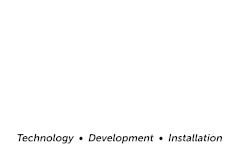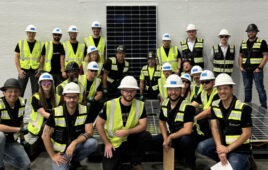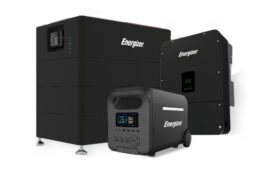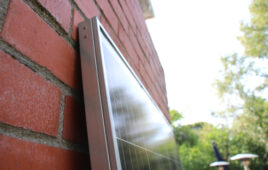The temporary pause on duty collection and tariff enforcement for Chinese-origin solar cell and panel imports from Cambodia, Malaysia, Thailand and Vietnam found to be circumventing U.S. trade law expires today. Beginning tomorrow, antidumping/countervailing duties (AD/CVD) will be imposed on solar panel imports from the four Southeast Asian countries.
In August 2023, the Commerce Dept. determined that Chinese solar cell and panel producers were working in Cambodia, Malaysia, Thailand and Vietnam as a way to avoid paying duties on Chinese-made solar goods that have been in place since 2012. AD/CVD rates were extended to solar exports coming out of Southeast Asia — except for products from Hanwha Qcells (Malaysia), JinkoSolar (Malaysia) and Boviet Solar (Vietnam), which were found to not be circumventing the trade orders.
However, in June 2022, President Joe Biden issued a pause on duty collection until after June 6, 2024. Since there was not yet a sufficient supply of domestic solar products, the Biden Administration provided a break to panel buyers instead of limiting supply during Commerce’s investigation. The industry has taken advantage of the pause — a surge in imports has been seen since June 2022.
Although AD/CVD enforcement will begin tomorrow, it is unlikely to significantly affect product coming from Southeast Asia. The August 2023 AD/CVD decision allows manufacturers that use non-Chinese wafers or at least four solar components (silver paste, aluminum frames, glass, backsheets, EVA sheets, junction boxes) made outside of China to be exempt from the AD/CVD orders. Affected companies have been relocating their supply chains in the last two years to produce non-circumventing solar products.
That is why The American Alliance for Solar Manufacturing Trade (AASMT) Committee submitted a second AD/CVD petition in April 2024, and the U.S. International Trade Commission (USITC) should reveal its preliminary decision on the matter in the next few days.
In reference to today's AD/CVD pause expiration, Tim Brightbill, lead counsel for the AASMT Committee, said: "The circumvention investigation, and the industry’s response to it, followed the same pattern we’ve seen with many solar trade cases against Chinese-owned companies: They deny the allegations, predict disaster if tariffs are imposed and then quickly adjust their operations to avoid duties. Given two years to adjust, companies in Vietnam, Malaysia, Thailand and Cambodia did just that. First, they proceeded to dump their products in our markets and harm our workers. Second, they moved additional manufacturing to these four countries, which is what makes our new AD/CVD cases so important. As a result, with more than 40 GW of new wafer capacity built in Southeast Asia in recent years to avoid the circumvention ruling, we expect the end of this moratorium to have a relatively small impact on leveling the playing field for our domestic industry."
The incredible amount of solar panels imported before today must be used within 180 days or the full AD/CVD amounts will be charged. U.S. Customs and Border Protection reminded solar buyers earlier this year that it will enforce this, and all imported cells and panels not used within the expiration date will be subject to AD/CVD.
“Merchandise which remains in inventory or a warehouse in the United States, is resold to another party, is subsequently exported or is destroyed after importation is not considered utilized,” CBP stated.





Found your article very informative. Thank you